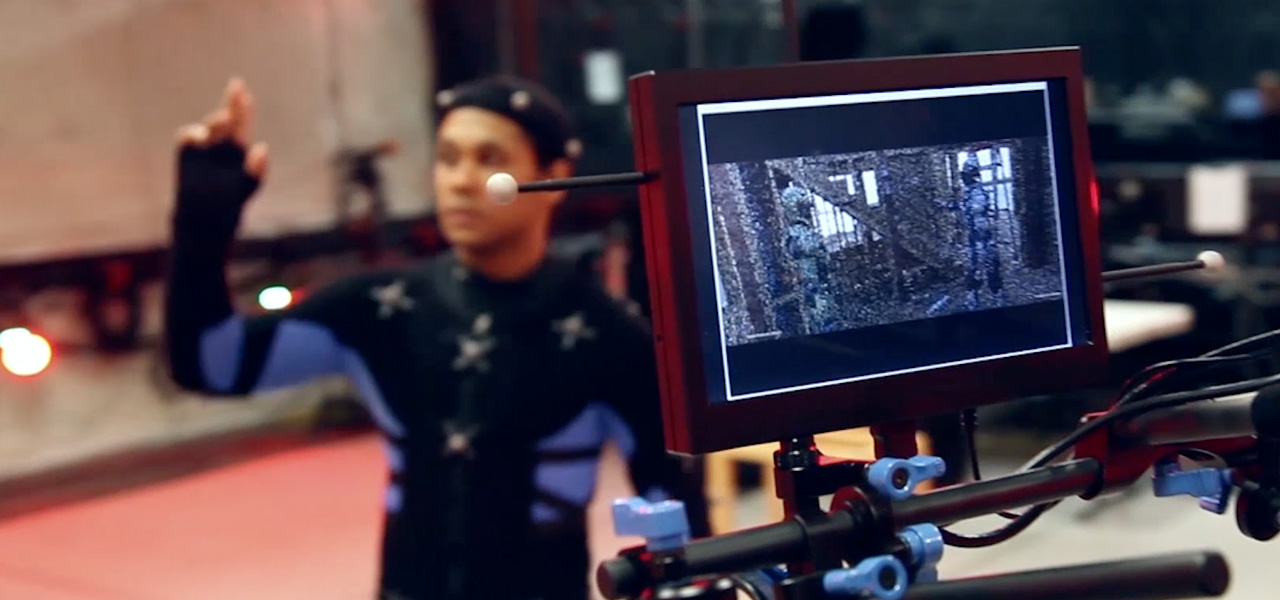
Although the promise of virtual production technology is huge and pervasive, the extent to which it can be leveraged by smaller studios and filmmakers still needs to be evaluated. While the VP has brought in a massive paradigm shift in filmmaking, it is worth taking a look into the myriad applications that filmmakers can make use of to reduce their expenditure.
Once relegated to the post production department, effects industry has now emerged as the most crucial component that filmmakers are increasingly embracing not just during the production but also during the planning stage of filmmaking.

So how can virtual production help filmmakers plan well in advance to save money?
At MIPCOM, at a session aptly titled ‘Futureproof your production: How visualisation and VFX can assist in this New Era, Framestore pre-production services MD Alex Webster and Framestore VFX supervisor and creative director Tim Webber discussed how an integrated and interactive toolkit can help filmmakers achieve, plan and de-risk their creative vision in the face of Covid-induced logistical challenges and adversity.
A stitch in time saves nine is a proverb that is most applicable in tasks as humungous as filmmaking where the vision to viewers journey can not only be laborious and time-consuming but also extremely expensive, especially when the story involves fantastical worlds and effects work.
So I think companies like us; when you don’t see our work, that’s when we’ve been very successful. So the work we do is is invisible and that can be as simple as you know.
Framestore Pre-production services MD Alex Webster
Telling a story through a visual medium is no mean feat especially if you’re on a tight budget but Webster believes that pre-production services can save the day and make the filmmaking process as cost-effective as possible even for smaller production houses.
He shares, “I suppose there’s a possible sort of misconception that a lot of this stuff is designed and developed only for fabrication on the big tent pole features. Virtual production tools are designed to be very fast, very iterative, extremely lightweight and very user friendly for everyone. So it has somewhat democratises their applications. We built this technology and our pipelines to work across not only film features, but also less VFX-heavy productions. Also with infomercial world within themed-attractions, location-based entertainment and a whole myriad of media. Certainly TV and episodic are a huge part of that. So I think companies like us; when you don’t see our work, that’s when we’ve been very successful. So the work we do is is invisible and that can be as simple as you know.”
Best time to approach us is when the script is in progress. A quick conversation is very cheap and it doesn’t cost you much. So the little gains you can have by having a quick conversation can be a massive help.
Framestore VFX supervisor and Creative Director Tim Webber

Having a conversation with VFX folks before starting the production process can prove to be extremely profitable.
He further shared, ” For content other than films, shooting schedules are even more accelerated, budgets are even tighter, which conversely means that there’s even more value in talking to us early because we can help make those budgets go further down by better pre-planning and now we’ve got these tools which can be put in. We help the filmmakers to really explore and play and iterate in a very cheap way before they get to their expensive location. So certainly I think you know the future for us and you look at the proliferation in really compelling narrative content across all sorts of platforms now and that’s where a lot of frames doors work live. So yeah, absolutely. The work we’re doing is as relevant and there’s application for it as in TV and episodes as well because of the features.” As the saying goes, “If you fail to plan, you are indeed planning to fail.”
So when is the best time to approach a VFX studio?
Webber believes ‘sooner we approach, the better.’ He shares, “Best time to approach us is when the script is in progress. I had been talking to our supervisor on the Dark Materials. He had a lot of ideas as to how to get around some of the problems having shooting restrictions due to covid and help them resolve some of the story ideas by being able to provide input and so when they couldn’t shoot, we needed alternative ideas as to how we can solve those problems but it in many ways in some early initial conversation is useful on any show. A quick conversation is very cheap and it doesn’t cost you much. So the little gains you can have by having a quick conversation can be a massive help.”
Filmmakers, are you listening?
